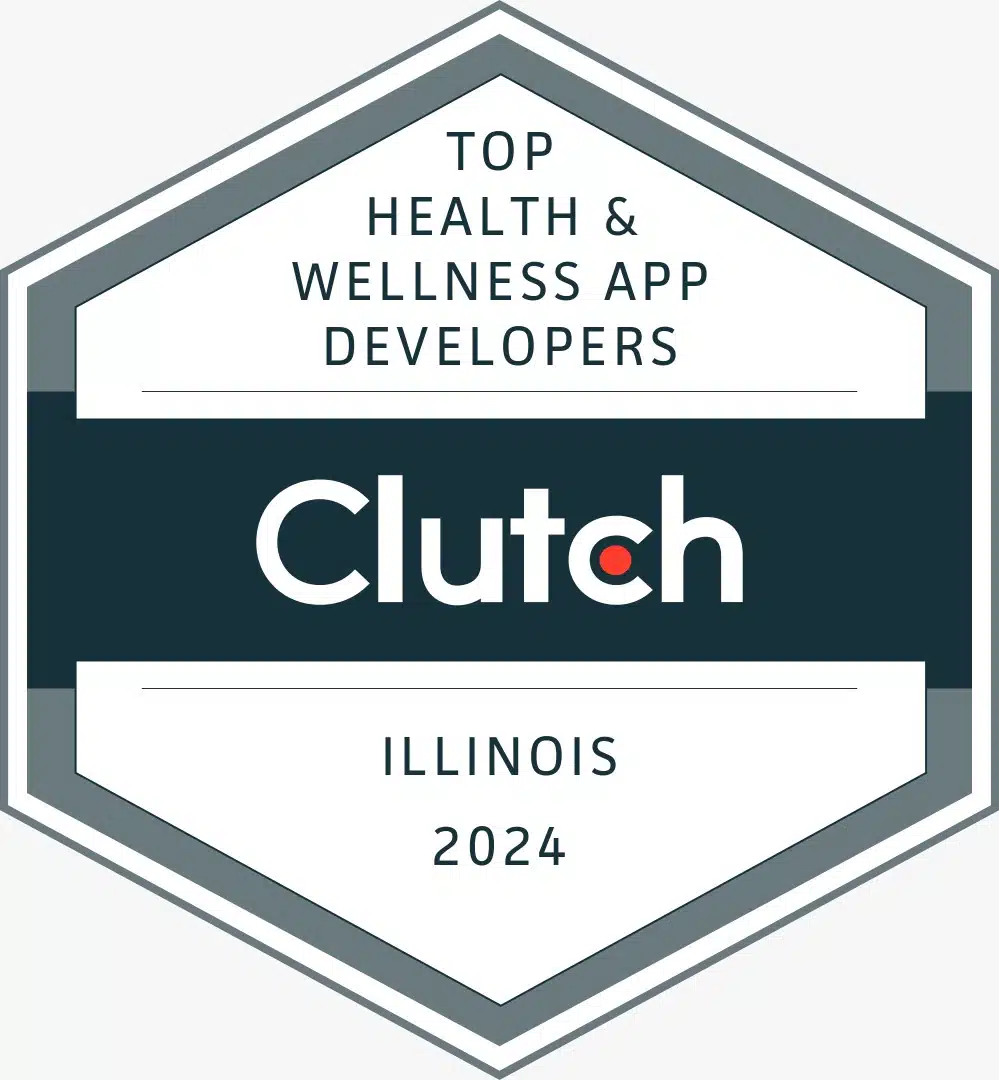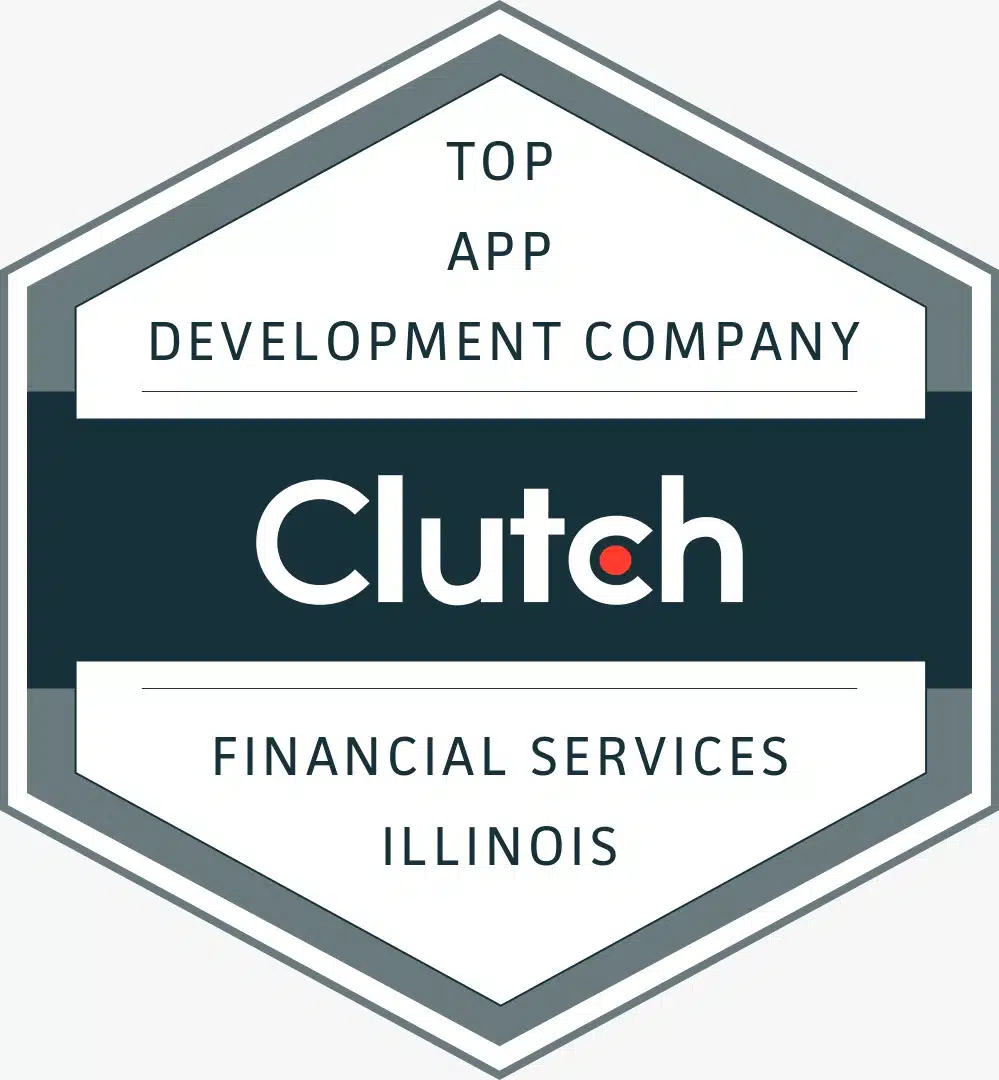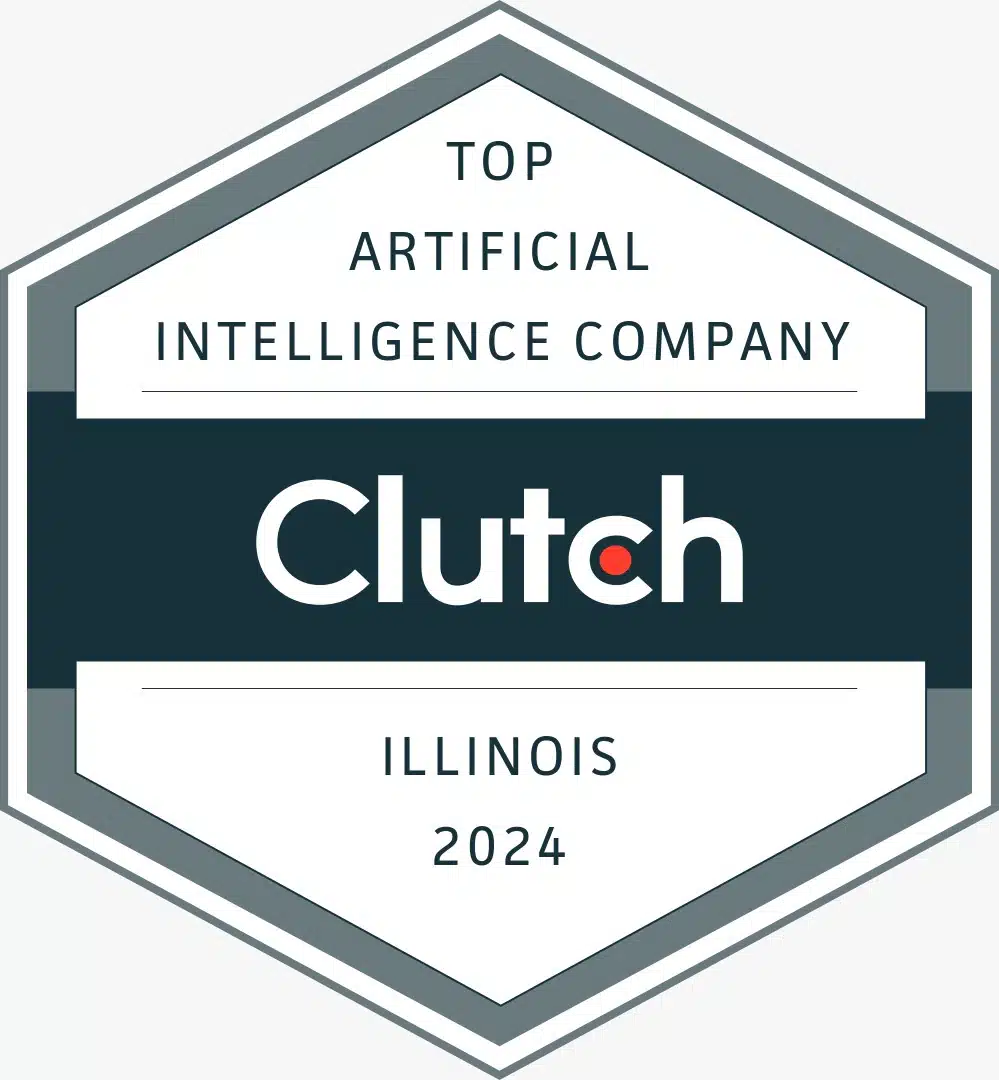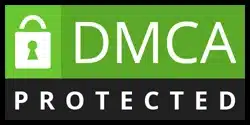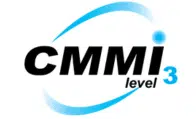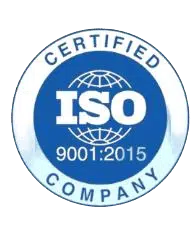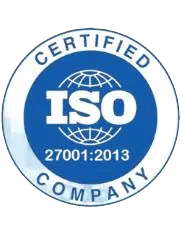Wearable Health Technology Integration
Enhance patient care and real-time health monitoring by integrating wearable devices with healthcare systems.
- Collect real-time health data from wearable devices
- Enable continuous monitoring of vital signs and activity levels
- Seamless integration with healthcare apps and EHR systems
- Improve patient outcomes through proactive care
- Ensure secure, HIPAA-compliant data transmission
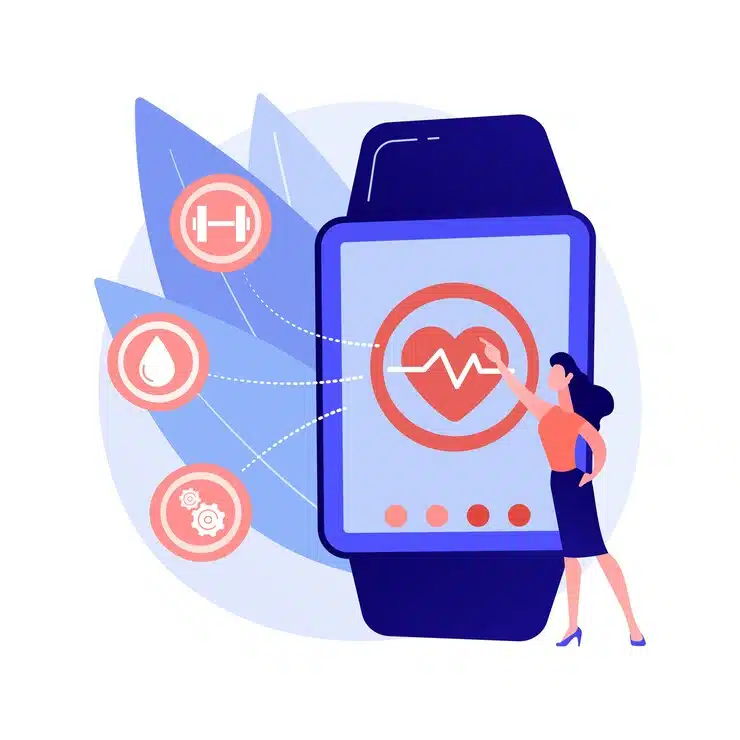


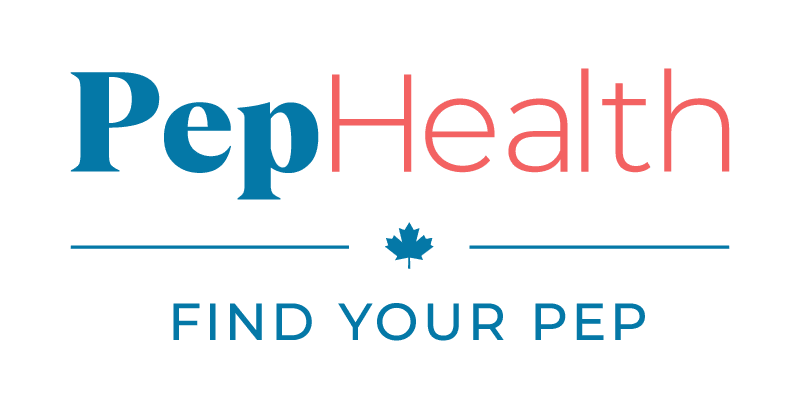


























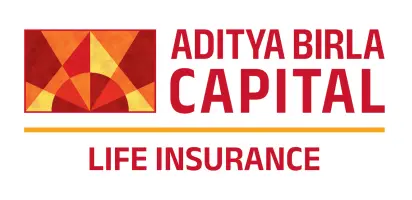

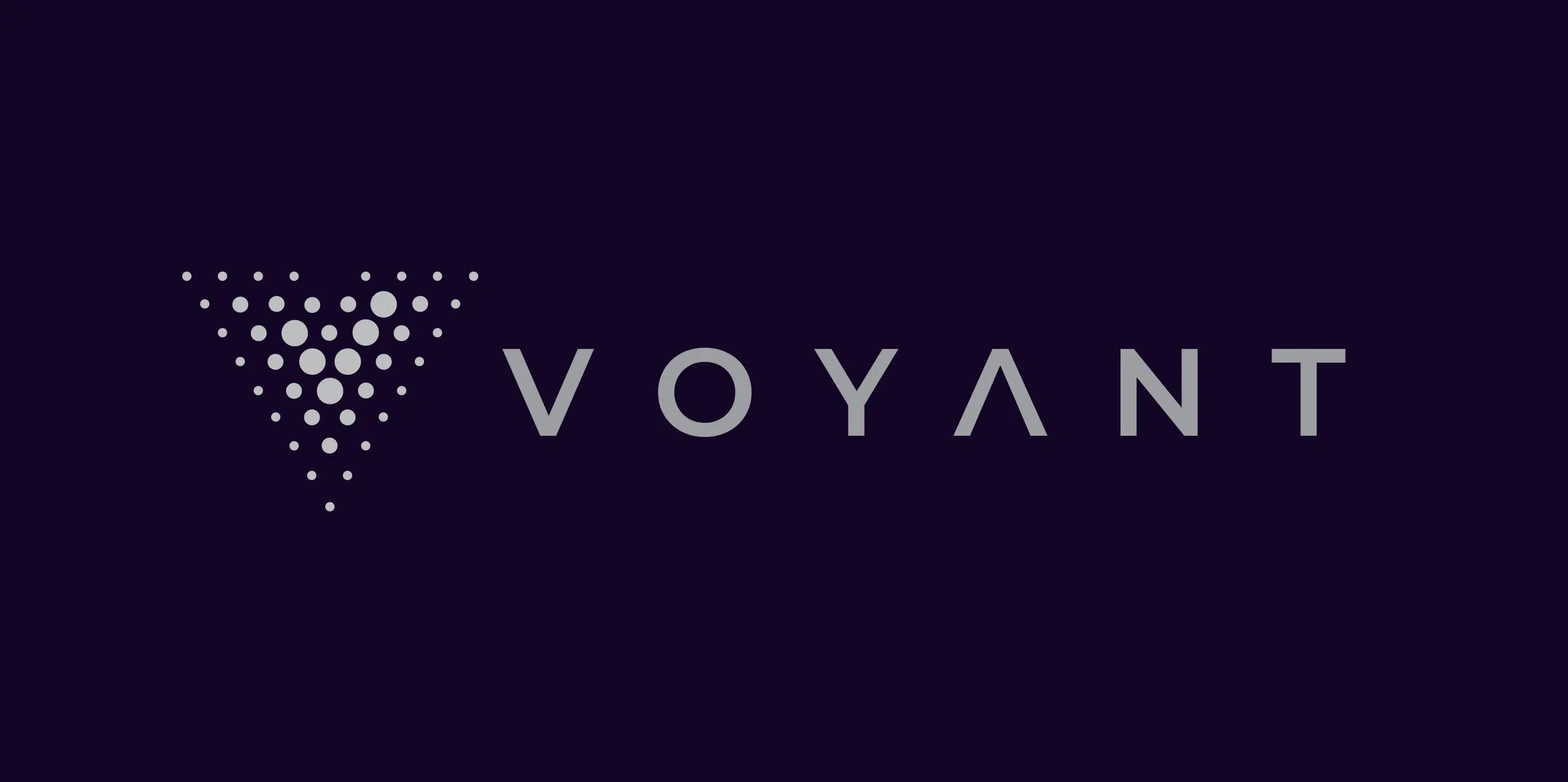

Key Features of Wearable Health Technology Integration
Real-time Health Monitoring
Continuously track patient vitals such as heart rate, blood pressure, glucose levels, and activity data, providing instant insights to healthcare providers.
Wearable Device Compatibility
Integrate with a wide range of wearable devices such as smartwatches, fitness trackers, and medical-grade wearables for diverse health tracking needs.
Seamless EHR Integration
Patient Alerts and Notifications
Personalized Health Insights
Analyze wearable data to provide personalized health insights and recommendations for patients, improving care plans and engagement.
Secure Data Transmission
Ensure that all health data collected from wearable devices is securely transmitted to healthcare systems, complying with HIPAA and other data protection regulations.
Remote Monitoring
Enable healthcare providers to monitor patients remotely, reducing the need for frequent in-person visits and allowing for continuous care management.
Customizable Dashboards
Provide both patients and healthcare providers with dashboards that offer clear visualizations of health trends, alerts, and key metrics.
Integration with Telemedicine
Connect wearable device data with telemedicine platforms to facilitate more informed remote consultations based on real-time health data.
Battery Life Optimization
Ensure that wearable devices function efficiently without frequent recharging, enabling continuous health monitoring over extended periods.
Success Stories - Healthcare App development Projects That Produced Amazing Results for Businesses
Our approach to healthcare app development emphasizes designing personalized user experiences and delivering efficient solutions. We cultivate transparent and dependable partnerships to develop innovative and effective app tailored to the specific needs of the healthcare industry.

Community App Under NDA
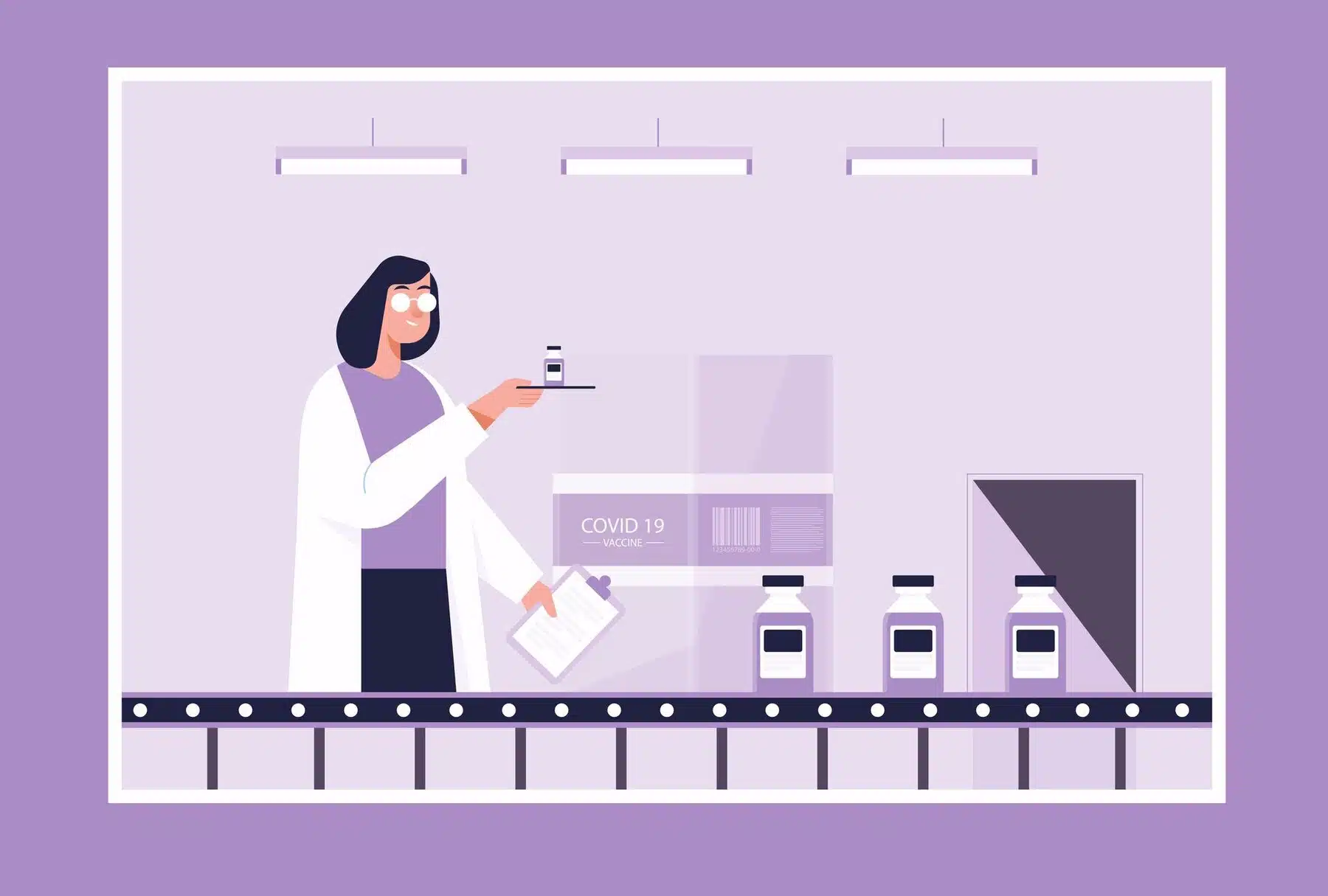
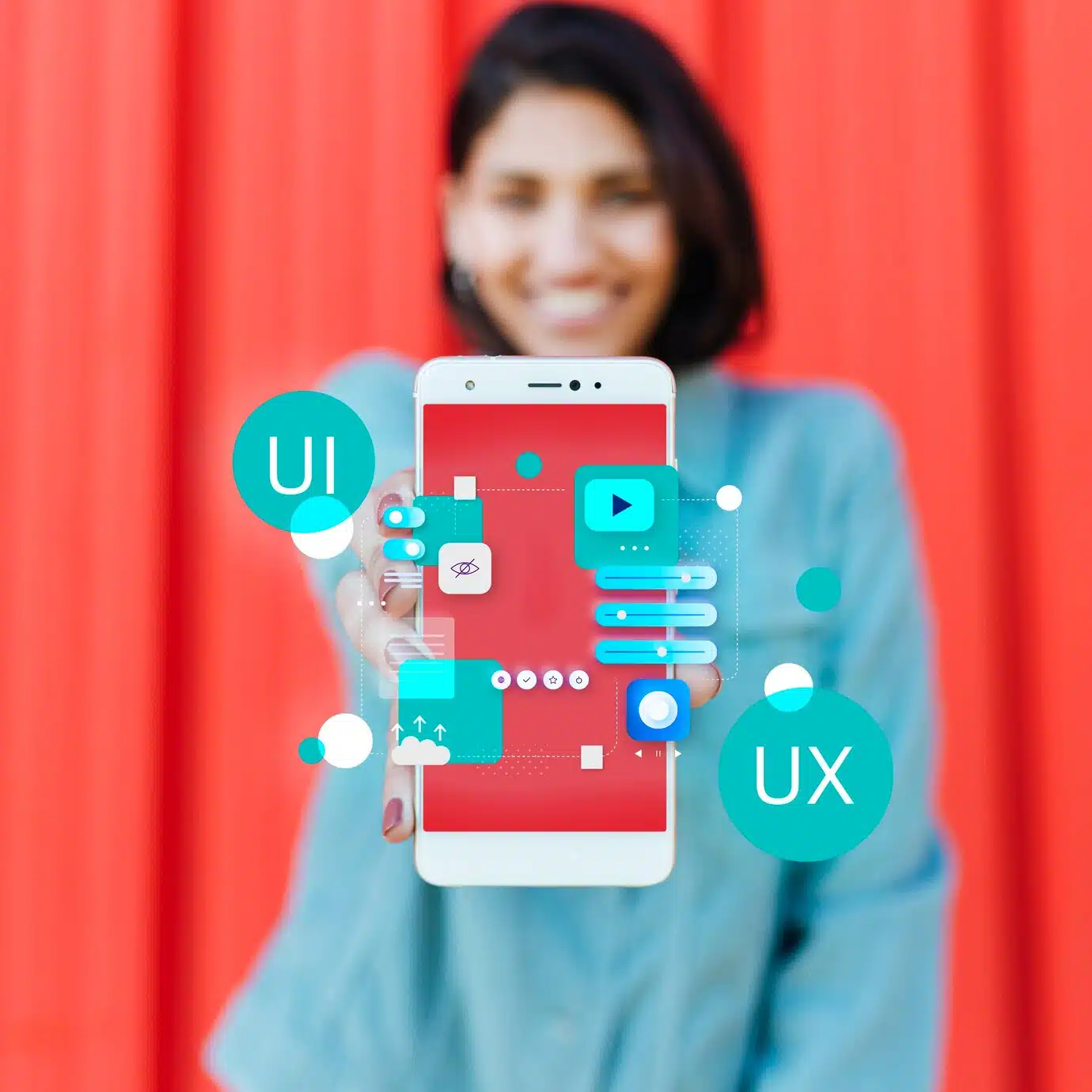
Telemedicine App
The pulse of healthcare at Taction software
Our custom healthcare app solutions allow clients to deliver effective, improved & secure care while also being compliant with strict industry’s standards like HIPAA regulation
Dr. Emily Carter
Chief Medical OfficerJohn Martin
CEOSusan Lee
Director of Operations200+ Successful Healthcare Projects
Proven expertise in delivering top-tier solutions.
12+ Years in Healthcare
Specializing in HIPAA-compliant software.
100% Data Security Compliance
Strict adherence to healthcare regulations.
Leading Healthcare Software Development Company
Known for innovation, reliability, and client satisfaction.
Global Clientele
Serving small practices to large hospitals worldwide.
Healthcare Compliance Standards
Our commitment to HIPAA and GDPR standards guarantees data protection and patient privacy while maintaining total operational compliance.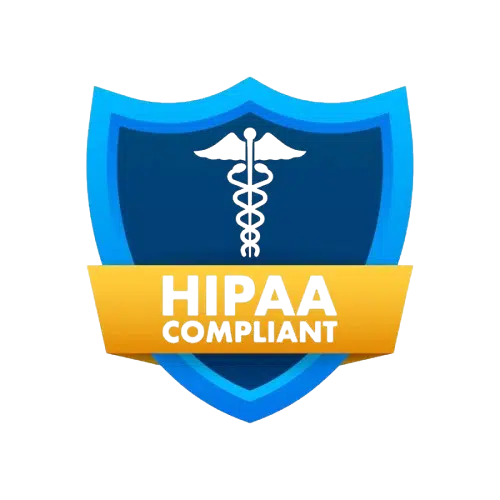
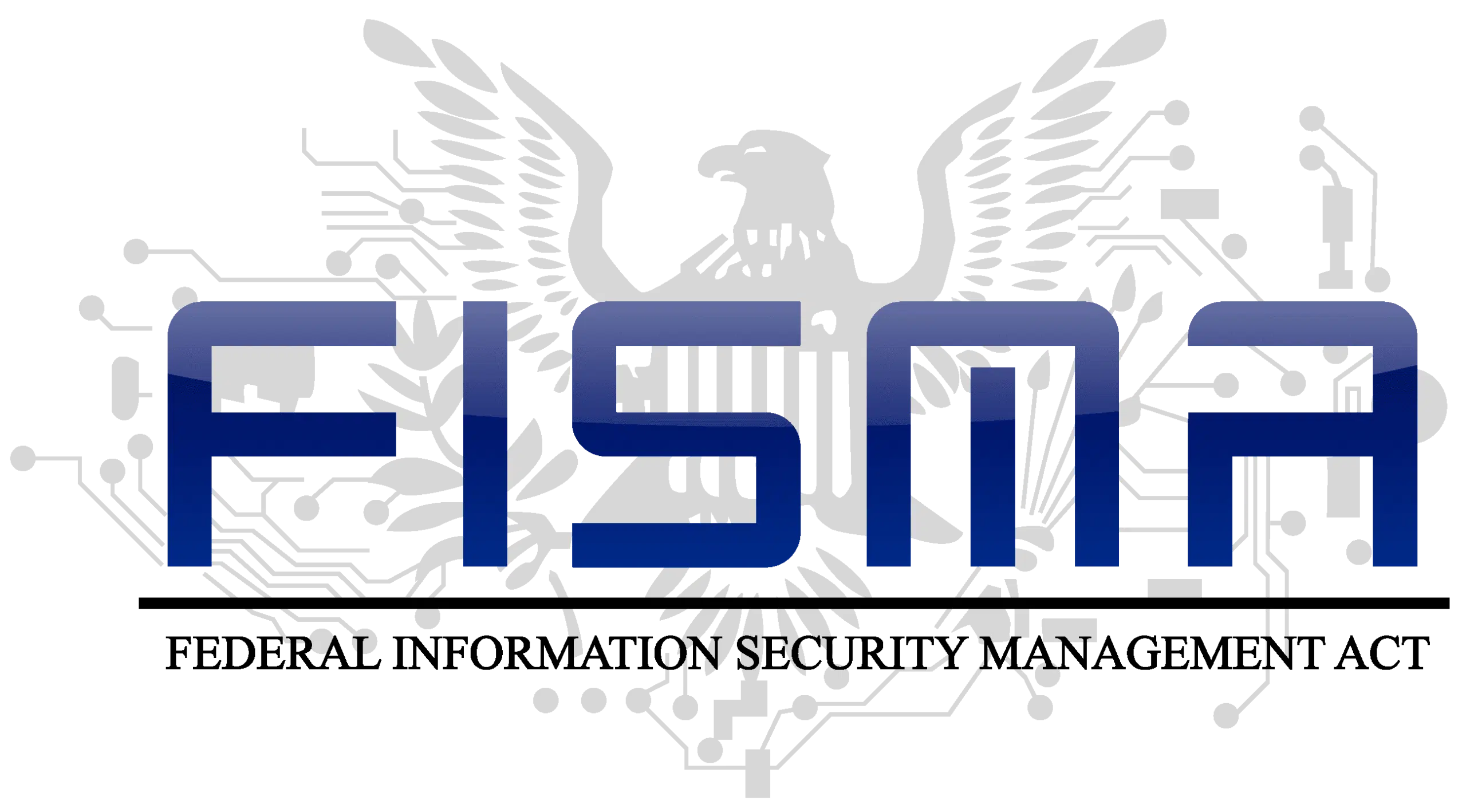

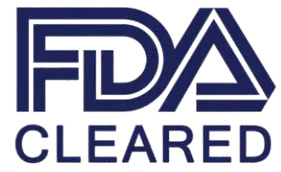
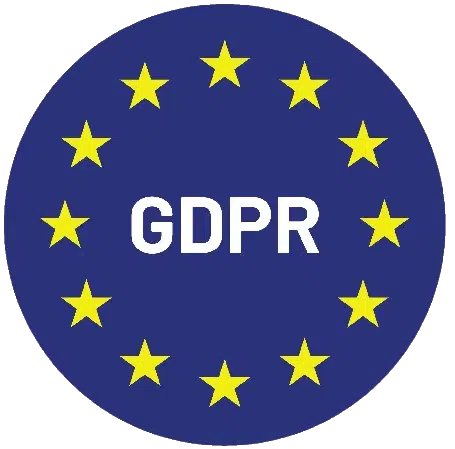
A Technology Stack that Secures and Elevates Your Healthcare Software
Our technology stack provides the foundation to create healthcare solutions that guarantee security, speed and interoperability while maintaining innovation for the future.Talend, Snowflake
Datawarehouse, Datalake
HL7 v2, HL7 v3
Cross Technologies
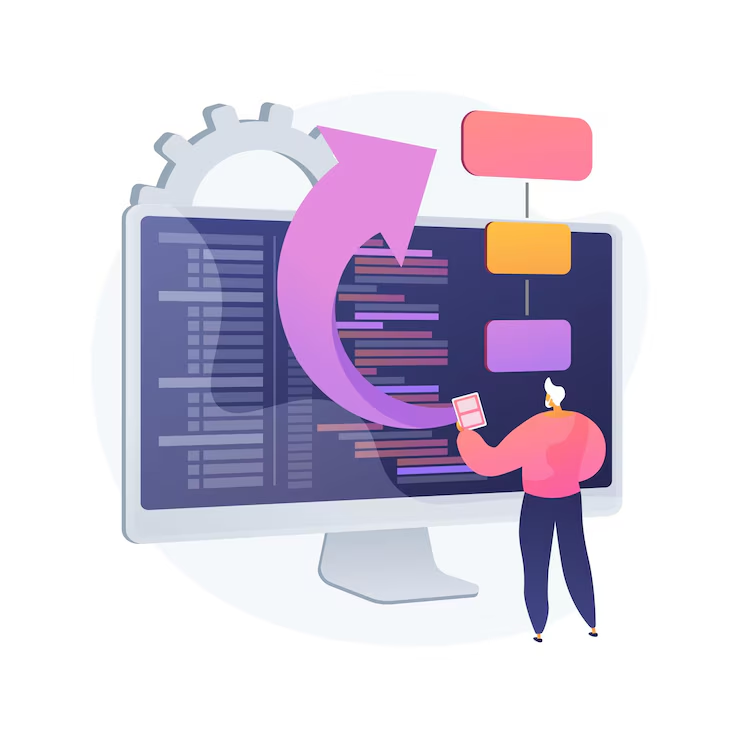
Why entrust your software vision to Taction's expertise
- Secure & Compliant Solutions:
Secure EMR/EHR, telemedicine, and healthcare apps. - Proven Expertise:
Successful track record in multiple industries. - Skilled Engineering Team:
Skilled team ensuring quality and transparency. - Fast & Efficient Delivery:
Quick turnaround without compromising innovation. - User-Centric Development:
Continuous improvements based on feedback.
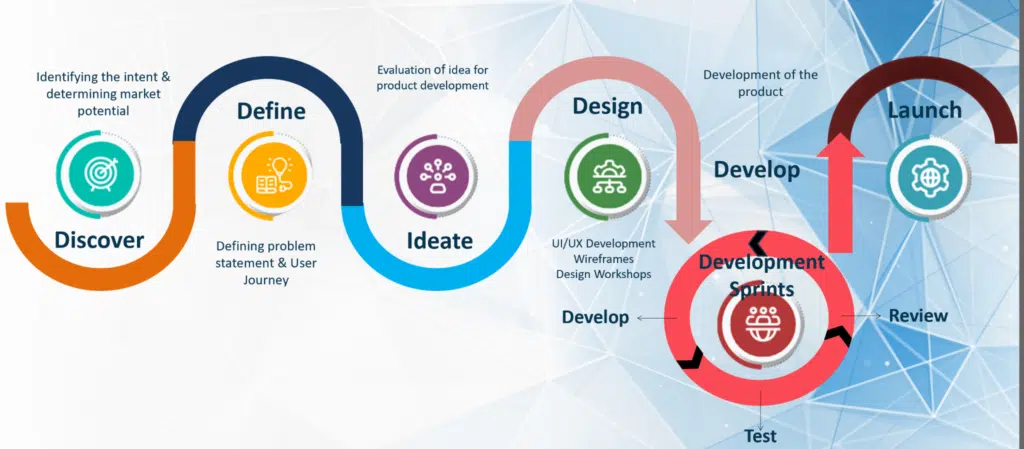
Rapid Development : Experience the TURBO
✔ Agile & User-Centric – Accelerated MVP development for faster market entry.
✔ Shortest Time-to-Market – Our TURBO framework ensures speed & efficiency.
Our Telemedicine App Development Process (Step-wise)
Requirement Analysis
Software needs must be collected and assessed to generate an accurate SRS.
Review & Planning
Refine feedback and finalize design procedures before creating the development roadmap.
Development & Testing
Develop the solution using UI/UX design principles while maintaining security measures and performing compliance and performance testing.
Deployment
Beta launch followed by a live release.
Maintenance & Support:
The maintenance and support phase involves round-the-clock monitoring of systems, analysis of client feedback, and ongoing improvements.
Sectors That Can Benefit from Our Healthcare Development Services
As a leading provider in healthcare software development, we are dedicated to crafting robust solutions that enhance efficiency and elevate patient care across various sectors, including:
Hospitals and Clinics
Pharmaceutical Companies

Medical Device Manufacturers
Diagnostic Laboratories
Healthcare NGOs
Healthcare Insurance Providers

Rehabilitation Centers
Telemedicine Providers
Long-term Care Facilities
Specialty Care Clinics
Mental Health Facilities

Hospice Care Providers

Government Health Departments
Answering your Wearable Health Technology Integration queries (FAQ)
Wearable health technology integration should include real-time monitoring, compatibility with various wearable devices, seamless EHR integration, personalized health insights, secure data transmission, and the ability to send alerts for abnormal readings.
By providing real-time health data, wearable technology allows healthcare providers to monitor patients continuously, identify health risks early, and make proactive care decisions that improve patient outcomes.
Yes, wearable health devices can seamlessly integrate with Electronic Health Record (EHR) systems, ensuring that healthcare providers have continuous access to the most up-to-date patient health data.
Data security is ensured through end-to-end encryption, HIPAA-compliant data handling, and secure transmission protocols that protect sensitive health information from unauthorized access.
For healthcare providers, wearable integration improves patient monitoring, enhances proactive care, and streamlines data collection. Patients benefit from personalized health insights, real-time monitoring, and reduced need for frequent in-person checkups.


